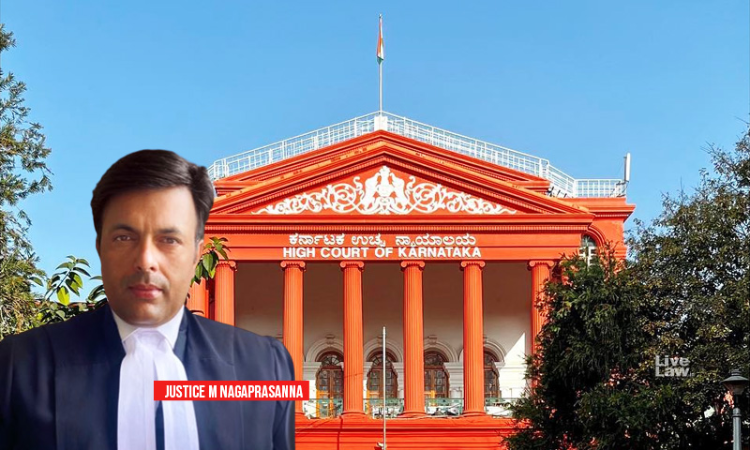The Karnataka High Court has refused to direct a husband with 75% disability to pay maintenance to his estranged wife and also set aside an order of the execution court which, acting on the plea filed by the wife, had issued an arrest warrant or fine levy warrant against the husband.A single judge bench of Justice M Nagaprasanna said, “The husband walks with the help of crutches. Therefore,...

